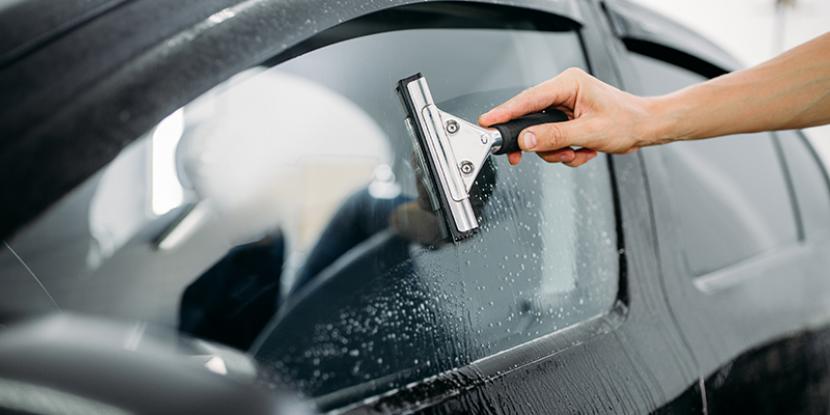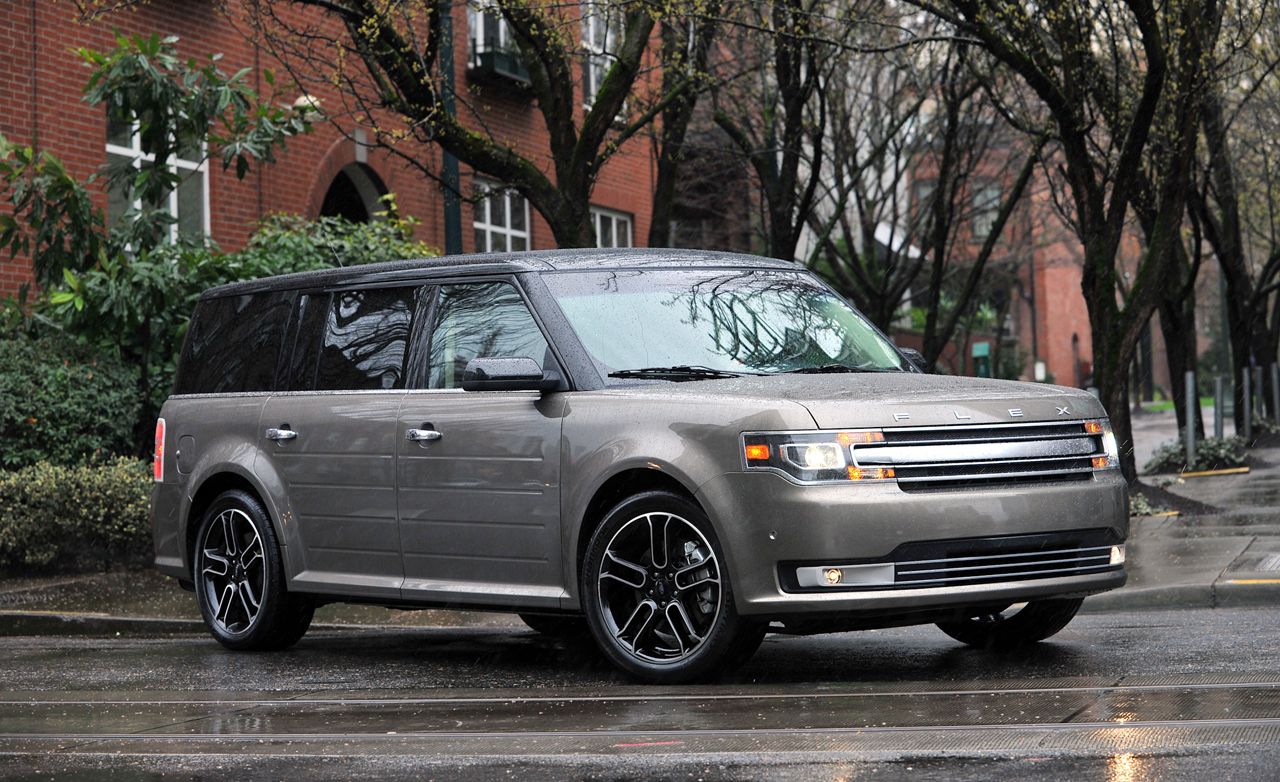How to Clean Car Windows and Mirrors
Sat, 09/27/2014 - 20:49
Dirty windows and mirrors increase the risk of you missing something important and make long journeys more tiring as your eye and brain try to cope with the interference to your vision, especially at night. Dirt on the inside also makes demisting take longer.
Outside
Don’t use household window cleaning preparations on the outside of car windows, because they often contain silicones which make the water bead up and stop the wipers clearing it effectively. Either use glass cleaners prepared for cars, washing up liquid or windscreen washer solution.
If you can’t get rid of oily smearing on the glass, use undiluted washer fluid, washing up liquid or methylated spirits, followed by normal cleaning, but don’t forget to clean the wiper blades.
Splattered insects can be difficult to get off glass. There are special preparations that unstick them, but wear gloves because they dry out your skin. Much easier is to soak the splatters, then either use a car washing brush or get a ‘bug sponge’ from a car accessory shop. This is a sponge with a stiff foam on one side which is not as abrasive as a pot scouring sponge (some of which mark glass) but is stiffer than the body scrub sponges sold for washing people.
Inside
You can use the chalky liquid household glass cleaners (like Windowlene) inside the car, though those specially formulated for cars do a better, and often easier, job because they can handle the mist-like fallout on car windows. This mist is called plasticiser migration and is where a chemical used in manufacturing plastics leaches out of the car’s trim and condenses on the glass, which is why it tends to be worse in new cars and in the summer. If this is really bad and your glass cleaner can’t shift it, try wiping the glass with methylated or white spirit first, though make sure you have plenty of ventilation.
Take care if wearing rings when cleaning heated rear screens as they can scratch the heating element.
Smooth operating
While you are going round the car, check the operation of doors, locks and latches. Some modern cars have lubrication-free hinges with plastic inserts but if a door hinge squeals when you open it or is stiff, give it a squirt of WD40. Not only is it more pleasant to live with quiet doors but the screeching means metal is rubbing against metal creating wear that lubrication will stop.
Be careful about oiling door latches, though, because of the risk of getting oil on your clothes as you get in and out of the car. Most are designed not to need it.
A squirt of WD40 into door locks makes the key operate more smoothly and helps prevent them freezing.
Bonnet catches are usually greased as part of a service, though squirting lubricant down the release cable’s sheath can help stop it sticking.

[{"target_id":"256284","alt":null,"title":null,"width":"830","height":"415","url":"\/sites\/default\/files\/articles-images\/8f\/mdg-bloggraphic-factorfictionwindowcleanertocleanautoglass-1019.jpg"},{"target_id":"256285","alt":null,"title":null,"width":"1024","height":"683","url":"\/sites\/default\/files\/articles-images\/dc\/how-to-clean-car-windows-and-mirrors.jpg"}]




